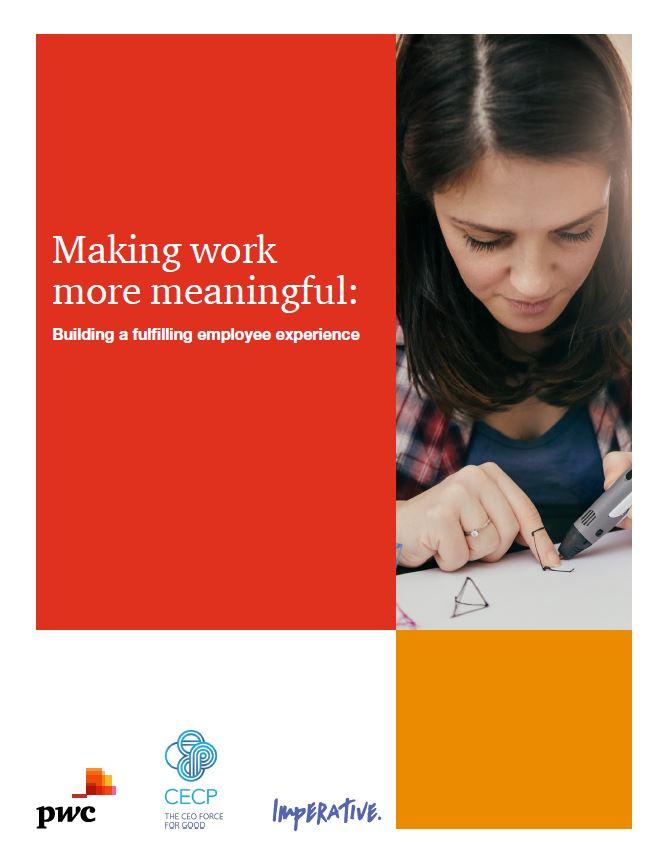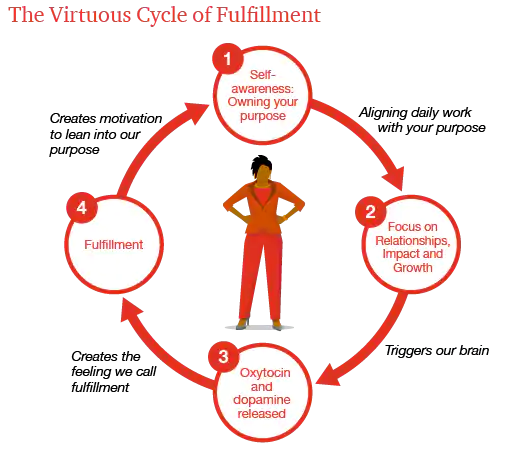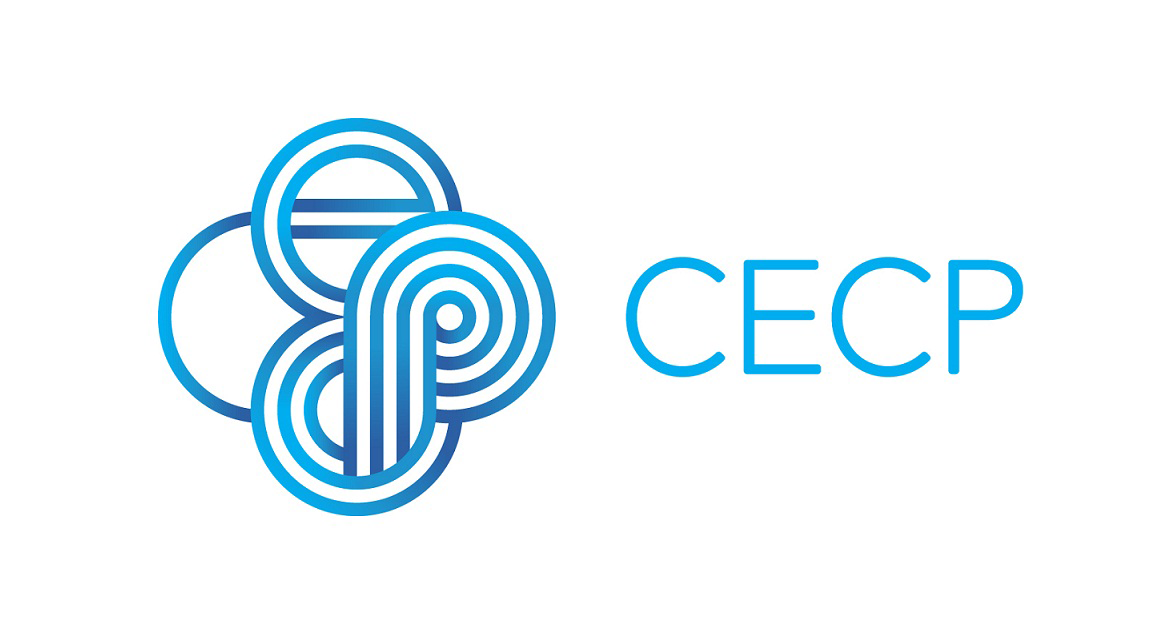In a New Economic Era, Employee Fulfillment Is the New Employee Engagement
Study finds people want fulfilling experiences at work; willing to switch to jobs with lower pay to find fulfillment
According to a new report Making work more meaningful: Building a fulfilling employee experience, published by CECP: The CEO Force for Good, Imperative, and PwC, the early days of a “Fourth Industrial Revolution” require a new standard for the employee experience around higher meaning and fulfillment at work. A staggering majority of employees believe that achieving fulfillment at work is possible – 96% of those surveyed. Nearly 80% are willing to find their own path to fulfillment, and 45% cite themselves as a major barrier to achieving that fulfillment. The research also found that seven out of ten employees surveyed said they’d consider leaving their current role for a new, more fulfilling job opportunity, with one-third willing to consider lower pay for it.
The study revisits the existing paradigm and corporate assumptions about the employee experience as a top-down approach to employee engagement. Through the work, fulfillment was defined as a feeling we have when we are working in alignment with our intrinsic motivations and gain a sense of purpose. The authors of the research report note that expectations of employees are trending toward a more human, personal workplace despite increasing digitization.
“Leaders need to focus on humanizing work in the digital age so individuals can flourish” said Shannon Schuyler, Principal, Chief Purpose Officer, and Responsible Business Leader at PwC; President of the PwC Charitable Foundation, Inc. “New technologies such as artificial intelligence and automation will change how we all work, while fulfillment--the ability to feel a personal sense of purpose and meaning--will set a new standard for why we work.”
Business leaders who want to help their workforce find greater meaning in their jobs can focus on three things: Relationships, Impact, and Growth. These three core elements of an experience, the study says, generate the neurochemicals that help individuals feel more fulfilled in their work. Neuroscience reveals that we are hard-wired to thrive when we experience connection and a sense of belonging (relationships); create value outside of ourselves (impact); and challenge and develop ourselves in meaningful ways.
“In the last decade, we’ve seen a shift in what defines success at work,” said Aaron Hurst, CEO of Imperative. “Employees are demanding a more human workplace. In order to compete for talent, organizations must respond with a new employee value proposition, one rooted in individual fulfillment.”
Senior leaders can be a powerful ally or a speed bump in helping employees experience greater meaning and fulfillment. While an organization’s culture is one of the primary ways to reinforce and create norms around a fulfilling work experience, employees also need explicit permission, tools, and active support to find purpose at work. The research notes that nearly one-third of employees named senior leaders as a barrier to them finding fulfillment.
To overcome these obstacles, senior leaders can enable individual ownership of finding fulfillment through role-specific, exemplary behaviors, and create an environment with relationships, impact, and growth at its core. Senior leaders can also measure the extent to which their current employee base feels fulfilled at work. An easy way to accomplish this is to include three simple questions in an employee survey: Do you have meaningful relationships at work? Are you growing personally and professionally at work? Is your work making an impact that is meaningful to you?
“As a coalition of CEOs, we see how the executives of some of the world’s leading companies are adapting to the needs of the changing consumer marketplace,” said Daryl Brewster, CEO of CECP. “The insights in this report demonstrate the power of purpose—a remarkable opportunity for business leaders to enhance their culture to meet the demands of today’s talent. Purpose can help employees find deeper meaning and drive superior performance in the daily work. Purpose can help align a company to advance its goals.”
Making work more meaningful: Building a fulfilling employee experience is based on a literature review, an eight-city listening tour, dozens of executive interviews, and a survey of 2,100 part- and full-time workers by Ipsos. The report is available for free download on pwc.com/us/cecpimperativestudy.
# # #
ABOUT CECP: THE CEO FORCE FOR GOOD
CECP is a CEO-led coalition that believes that a company’s social strategy — how it engages with key stakeholders including employees, communities, investors, and customers —determines company success. Founded in 1999 by actor and philanthropist Paul Newman to create a better world through business, CECP has grown to a movement of more than 200 of the world’s largest companies that represent $6.6 trillion in revenues, $21.2 billion in societal investment, 14 million employees, 23 million hours of employee engagement, and $15 trillion in assets under management. CECP helps companies transform their social strategy by providing customized connections and networking, counsel and support, benchmarking and trends, and awareness building and recognition. Find out more at http://cecp.co.
ABOUT IMPERATIVE
Imperative is a B Corporation founded in 2015 to connect people to their purpose on a massive scale. We created the first online talent assessment platform for individual and team purpose that is used for career and leadership development at organizations with 50 people to 100,000+ people. Find out more about how we can help your people discover and act on their purpose at www.imperative.com.
ABOUT PwC
At PwC, our purpose is to build trust in society and solve important problems. We're a network of firms in 158 countries with over 250,000 people who are committed to delivering quality in assurance, advisory and tax services. Find out more and tell us what matters to you by visiting us at www.pwc.com.




